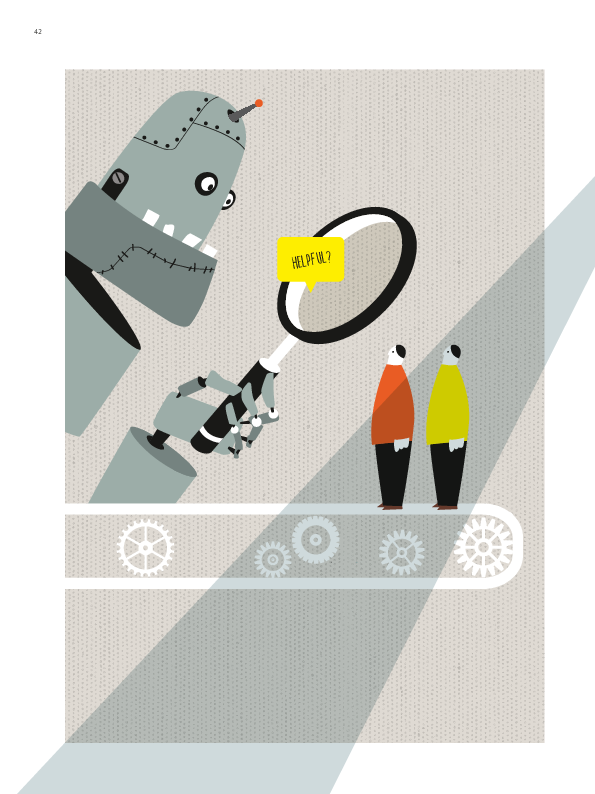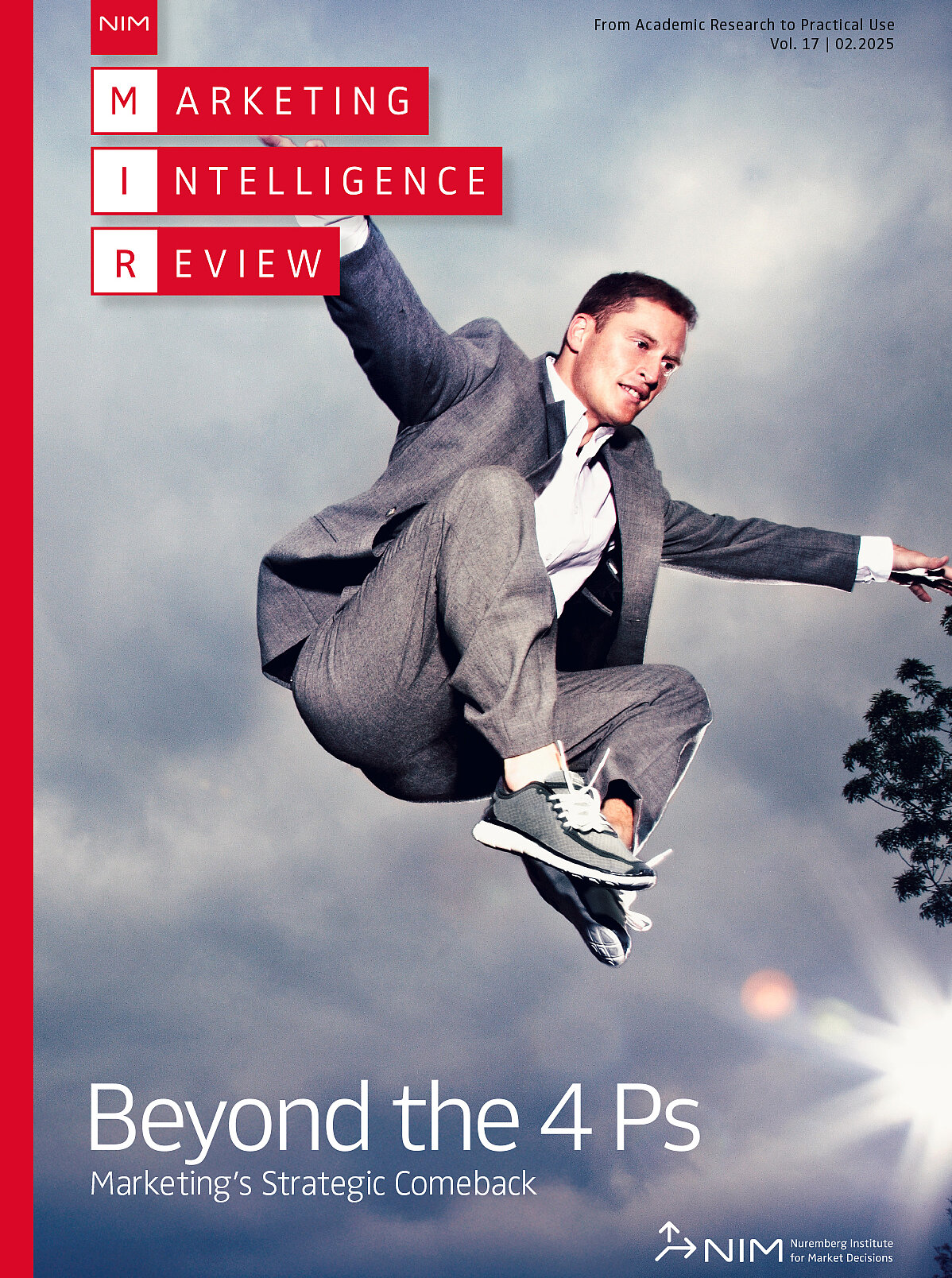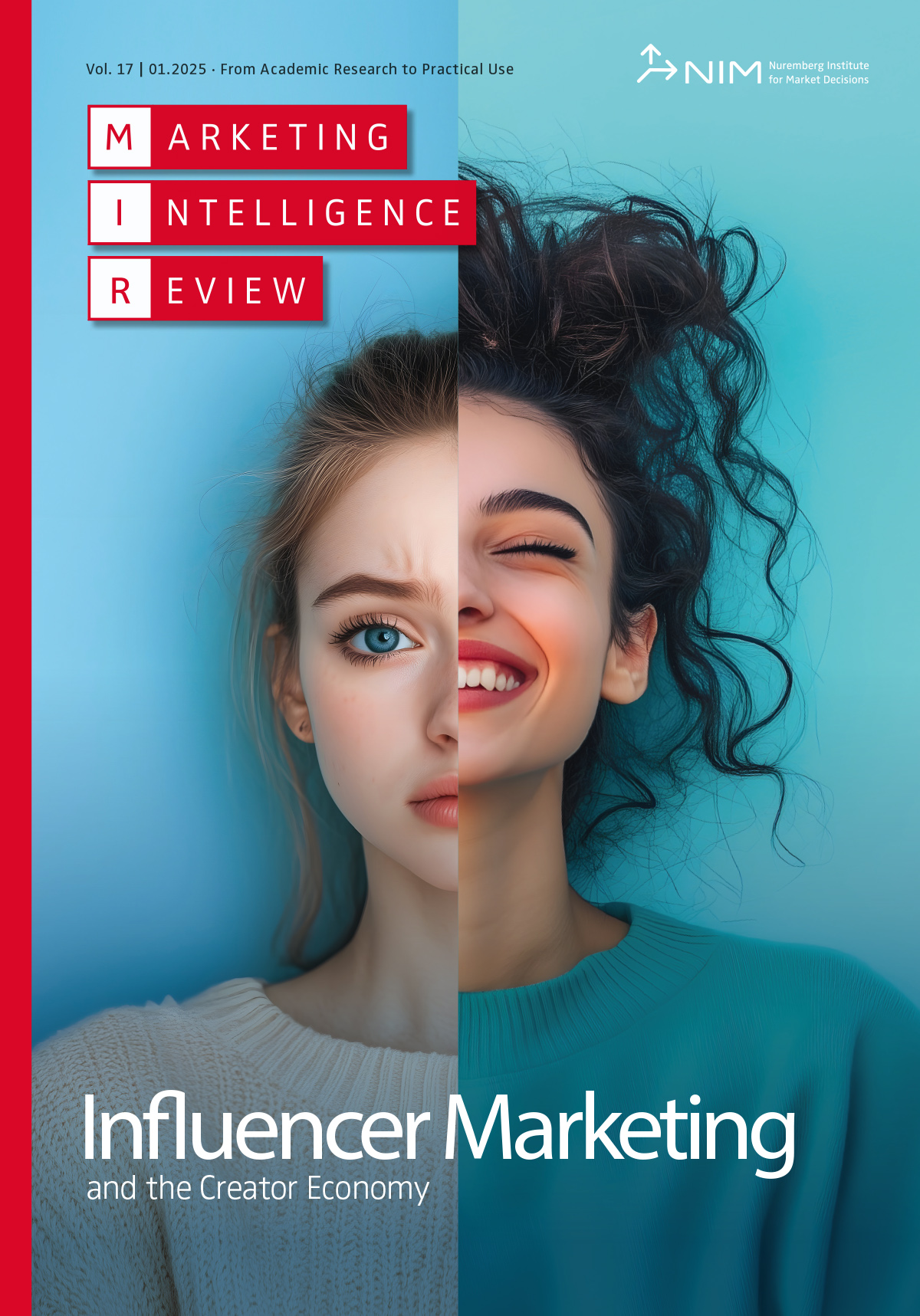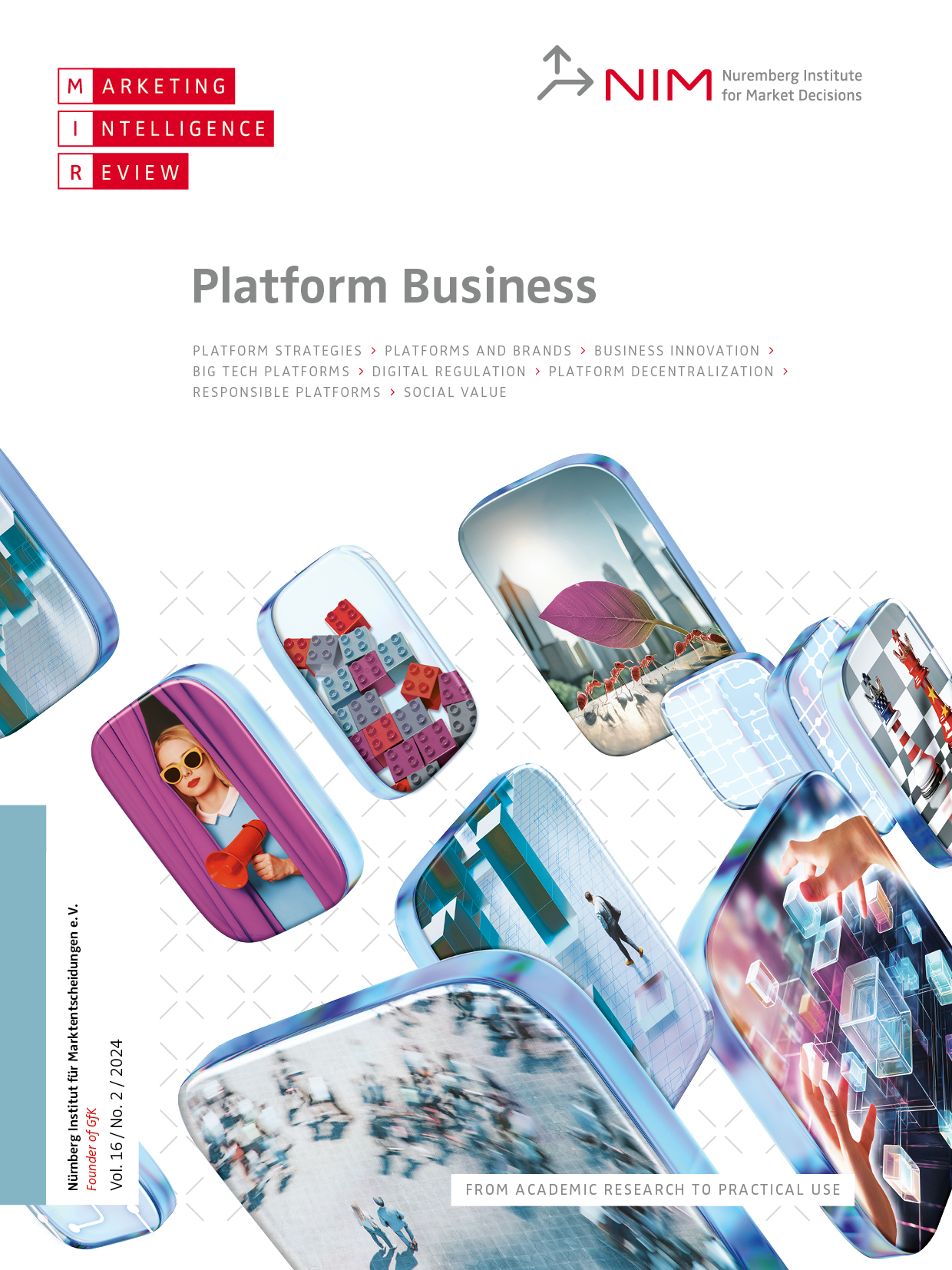Internet of Things – Will Humans be Replaced or Augmented?
Paul A. Pavlou
Augmented Intelligence – effective human-computer symbiosis – has the potential to address emerging challenges successfully, possibly more so than pure AI. It integrates the unique abilities of human beings that cannot be replicated by AI. Large-scale IoT problems often cannot be solved by either computers or human beings alone. Therefore, there are significant opportunities in IoT applications that are coupled with the notion of Augmented Intelligence. Managers need to consider carefully for which task, in which way and to what extent IoT applications will be applied. They must make their choices based on the expected performance, cost and risk of autonomous IoT solutions that would operate without human oversight. For example, automated manufacturing, predictive maintenance and security IoT solutions may be cautiously fully automated. However, human-oriented applications, such as smart retail, could still maintain a certain level of human oversight.

![[Translate to English:] [Translate to English:]](/fileadmin/_processed_/9/3/csm_intro_hoffman_novak_vol_10_no_2_deutsch_b06cff2ca6.png)
![[Translate to English:] [Translate to English:]](/fileadmin/_processed_/2/1/csm_puntoni_vol_10_no_2_deutsch_2f0d92add3.png)
![[Translate to English:] [Translate to English:]](/fileadmin/_processed_/9/1/csm_2018_mir_iot_english_Art3_8ee425d6a2.png)
![[Translate to English:] [Translate to English:]](/fileadmin/_processed_/c/0/csm_2018_mir_iot_english_Art4_9a079f59e4.png)
![[Translate to English:] [Translate to English:]](/fileadmin/_processed_/e/7/csm_rand_vol_10_no_2_deutsch_8cf809b5c9.png)
![[Translate to English:] [Translate to English:]](/fileadmin/_processed_/7/8/csm_2018_mir_iot_english_Art7_7bc0e241ab.png)
![[Translate to English:] [Translate to English:]](/fileadmin/_processed_/4/4/csm_aunkofer_vol_10_no_2_deutsch_81d4ba3396.png)


